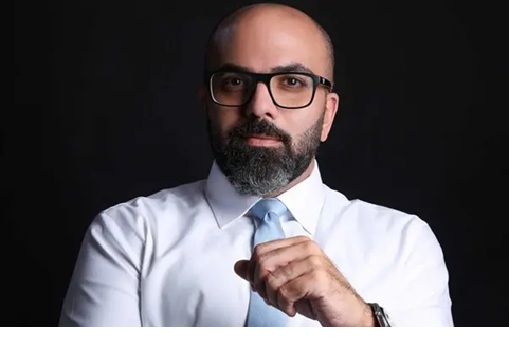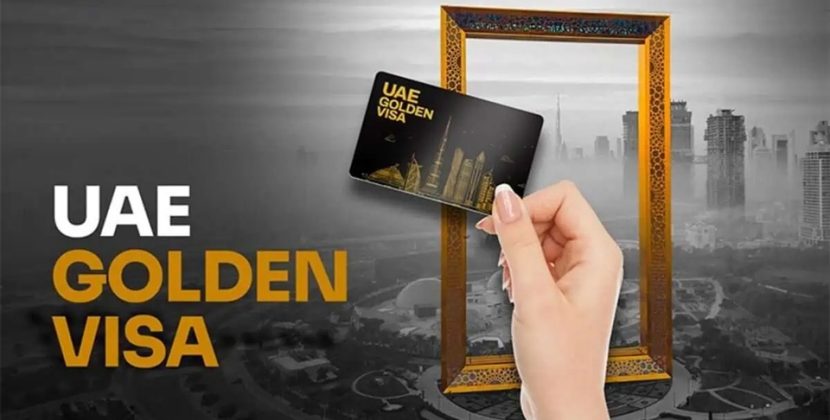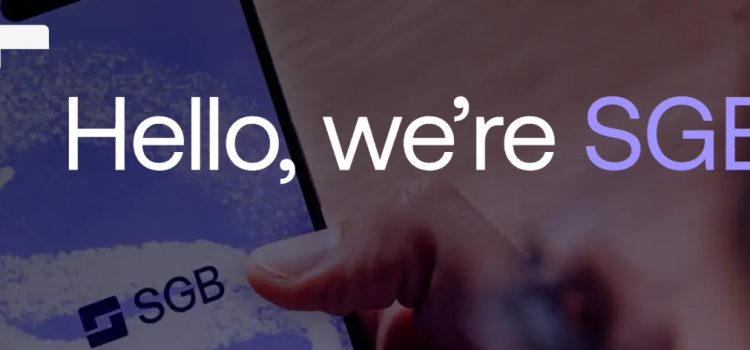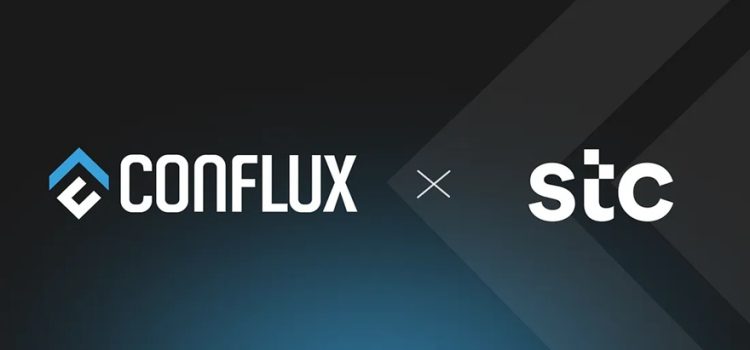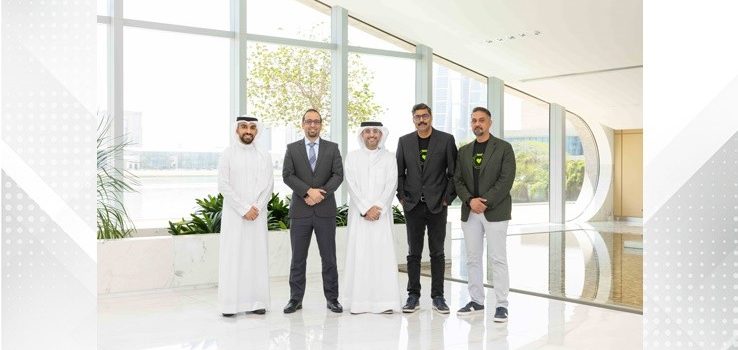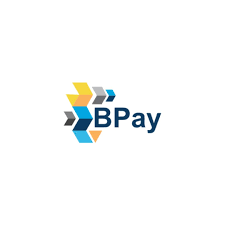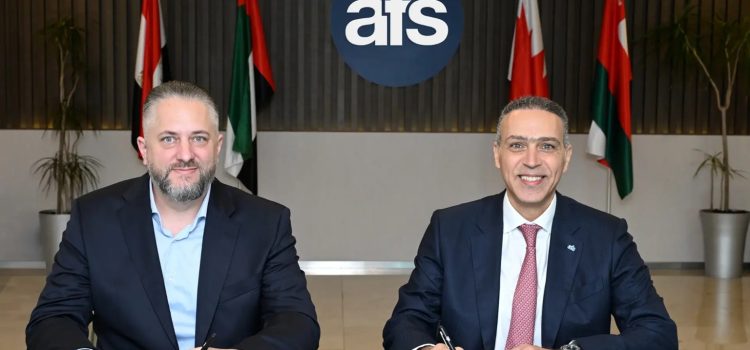
Raoul Pal, the Co-Founder and CEO of Real Vision, a financial knowledge and educational platform, in his recent visit and meeting with sovereign wealth funds in the MENA region, specifically in the GCC, has found that the mandate is to use AI ( Artifical Intelligence) and Blockchain across the entire region.
In his X video post interview, Pal noted, ” A month ago during my last trip to MENA region, and in my meetings with sovereign wealth funds across Saudi Arabia, Qatar, Oman, Bahrain, and UAE, the mandate across entire region from Saudi, Abu Dhabi Bahrain and Qatar is AI and Blockchain and not just using Bitcoin as a reserve asset but building the entire government structure on blockchain, driving licenses, property deeds the whole bloody lot.”
Pal is also the co-founder and CEO of Exponential Age Asset Management, an asset management business that focuses on investing in the digital asset space via a fund of hedge funds (EADAF) and other vehicles.
He adds with the money coming in from sovereign wealth funds, if we are to go from $3 trillion to $100 trillion you need the largest players each time, unless you have bigger players. function of size of market more blockchain technology is used the use of Alt coins for infrastructure rails increase.
MENA Sovereign Wealth funds invest in Bitcoin
His statements come at a time when sovereign wealth funds either openly or less openly are investing in Bitcoin. Earlier this year Mubadala, Abu Dhabi’s sovereign wealth fund, disclosed a $408.5 million stake in IShare Bitcoin Trust (IBIT) in a 13F filing released on My 15th 2025. The fund reported holding 8,726,972 shares as of March 31, 2025, an increase from 8,235,533 shares reported at the end of 2024. This increased exposure showcases the perception change regarding Bitcoin and crypto in general after President Trump has taken office. Back at the end of 2024, UAE Mubadala, a sovereign investment fund, revealed in an SEC Filing that in late 2024 it invested $436 million worth in BlackRock’s Ishares Bitcoin Trust ETF. The disclosure was made through a 13F filing with the U.S. Securities and Exchange Commission (SEC).
While Saudi Central Bank better known as SAMA in a recent SEC ( Securities and Commodities Exchange) 13F filing disclosed that it has invested and holds 25,656 shares in MicroStrategy Inc. For those not familiar with MicroStrategy, now known as Strategy, it is an award-winning AI (Artificial Intelligence) and Business Intelligence platform trusted to deliver intelligence everywhere, on any cloud, at enterprise scale. It is also one of the biggest buyers of Bitcoin. Its strategy has been to issue equity, debt and preferred stock to acquire the digital currency, and it has been on a buying spree.
Even Bahrain based Al Abraaj Restaurants Group B.S.C. (Ticker: ABRAAJ) (“Company”), a public listed company on the Bahrain Bourse, has announced that it put Bitcoin on its balance sheet. The Group has purchased Bitcoin in partnership with U.S. based 10X Capital, becoming the first publicly traded company in the Kingdom of Bahrain, the Gulf Cooperation Council (“GCC”), and the Middle East to acquire Bitcoin as a treasury asset.
MENA Governments all in on AI and Blockchain
It is no secret that Saudi Arabia is investing in AI as is UAE and Qatar. Additionally the UAE has been implementing blockchain within the government over the years but in recent times Abu Dhabi has stated it will utilize blockchain in the government. Agile Dynamics, a UAE based consulting firm, will work to develop a sovereign quantum resistant blockchain infrastructure with Abu Dhabi Department of Government Enablement in UAE. Agile Dynamics has been selected as the program’s strategic partner, while ADI Blockchain Foundation will be developing an AED stablecoin to be issued by First Abu Dhabi Bank, with the support of ADQ a sovereign investor and IHC an investor as well.
Then ofcourse there is Qatar with its digital asset tokenization strategy and Digital Assets Lab. Recently during the Qatar Economic Foundation, attendees got a glimpse of a future that might include stablecoins. The UAE is well ahead with its stablecoin regulations and its AECOIN.
PAL sees Bitcoin growth phase
Amidst all this Pal believes “With the dollar breaking down even today, it’s starting to suggest this may go into Q2 2026,” he said. Since the beginning of the year, the US Dollar Index has been down 8.995, sitting at 98.77 at the time of writing, according to data from TradingView. Bitcoin and DXY are inversely correlated. This means that when the dollar weakens, Bitcoin becomes more attractive not just as a speculative investment but as an alternative currency.
Pal also added that macroeconomic data has been a primary reason why the crypto cycle has always shifted further back. “It’s like the whole cycle got shifted cause rates didn’t get adjusted; the dollar was sideways for some time,” he said. He also said that the current market may show signs of looking like the market in 2020 more than the one in 2021, suggesting that it could be at an earlier growth phase than many are predicting.
Bitcoin began 2020 at $7,174, but dropped by 27% in March to $5,227. The asset then rebounded 129% to hit $11,990 in August, before witnessing a 304% increase, ending the year at $28,993.

